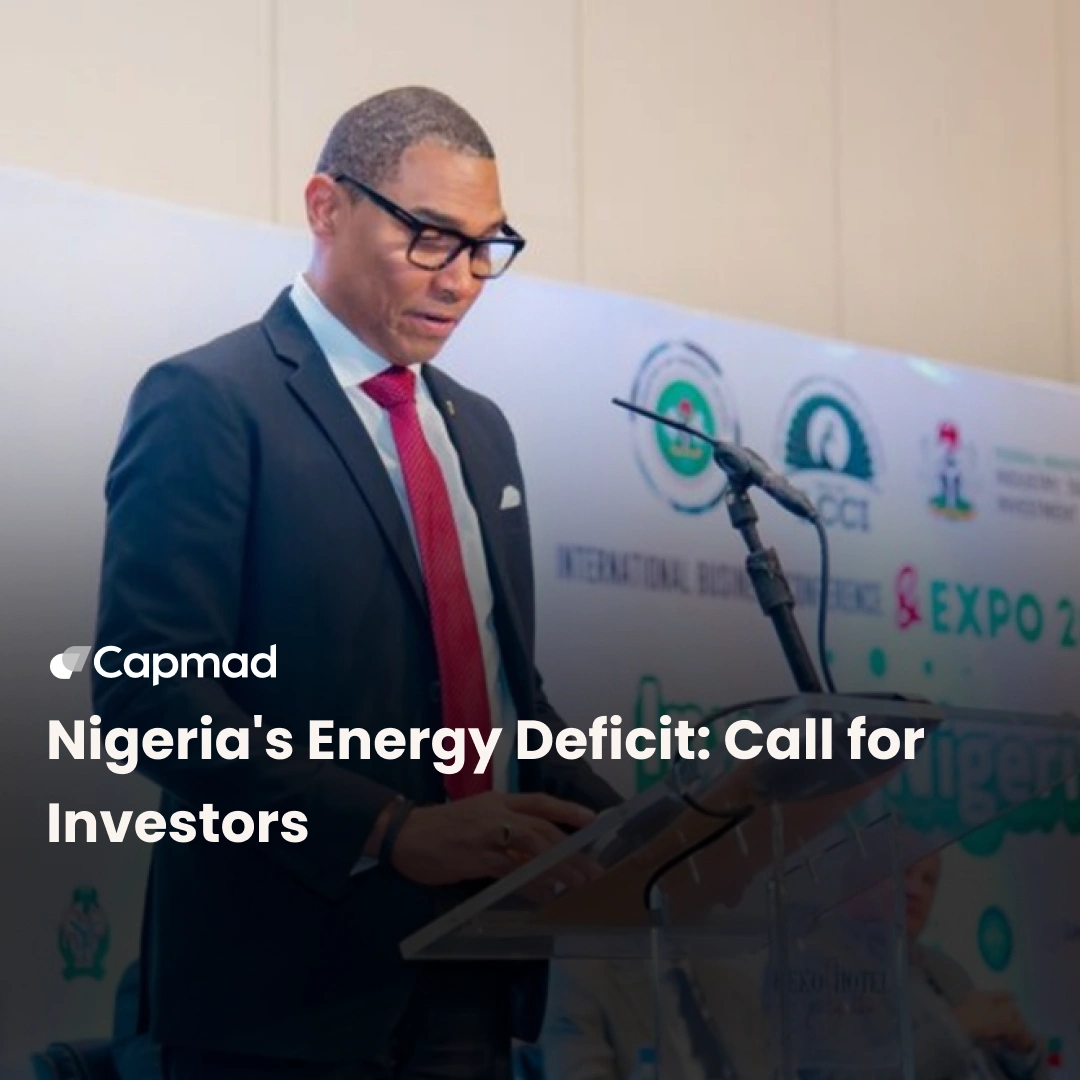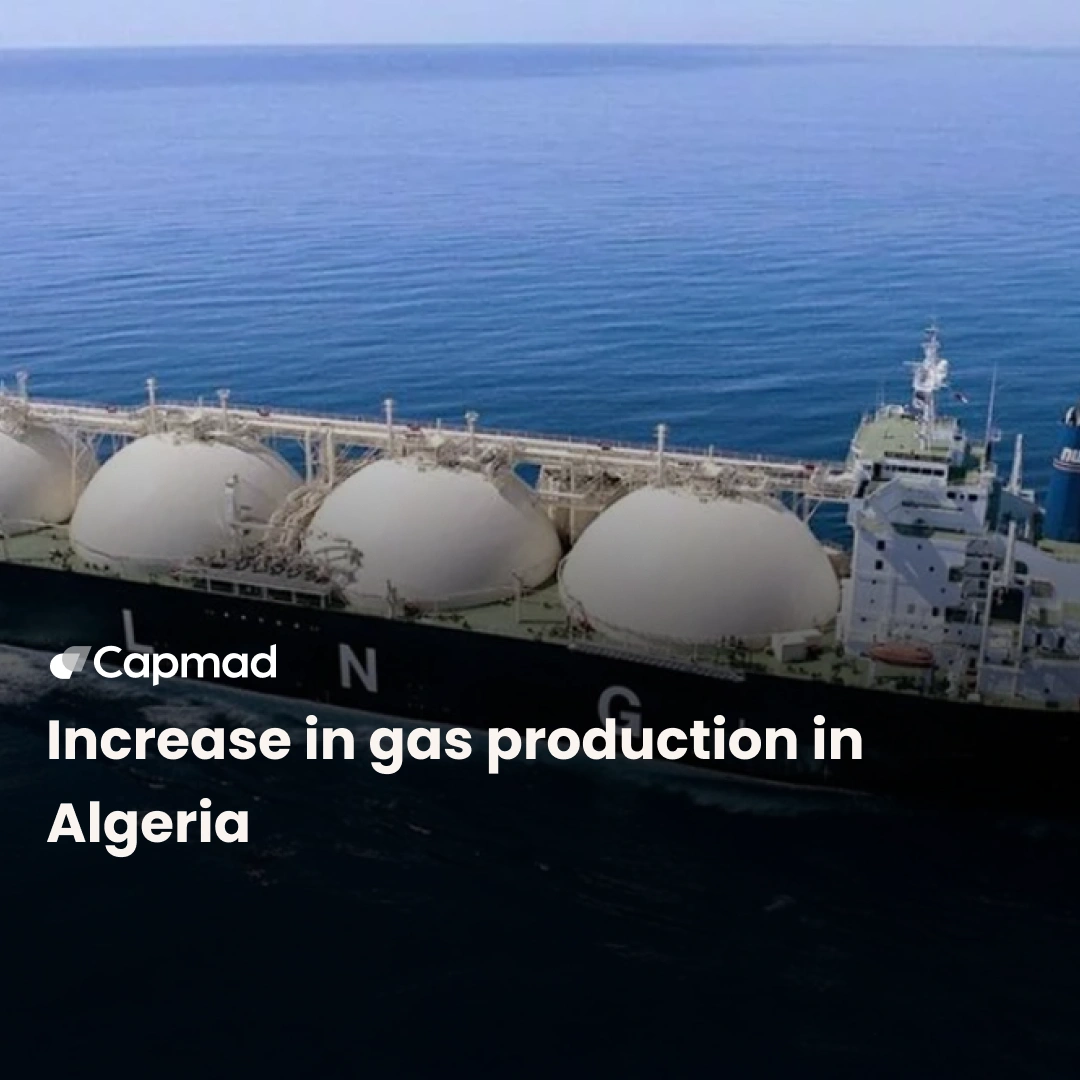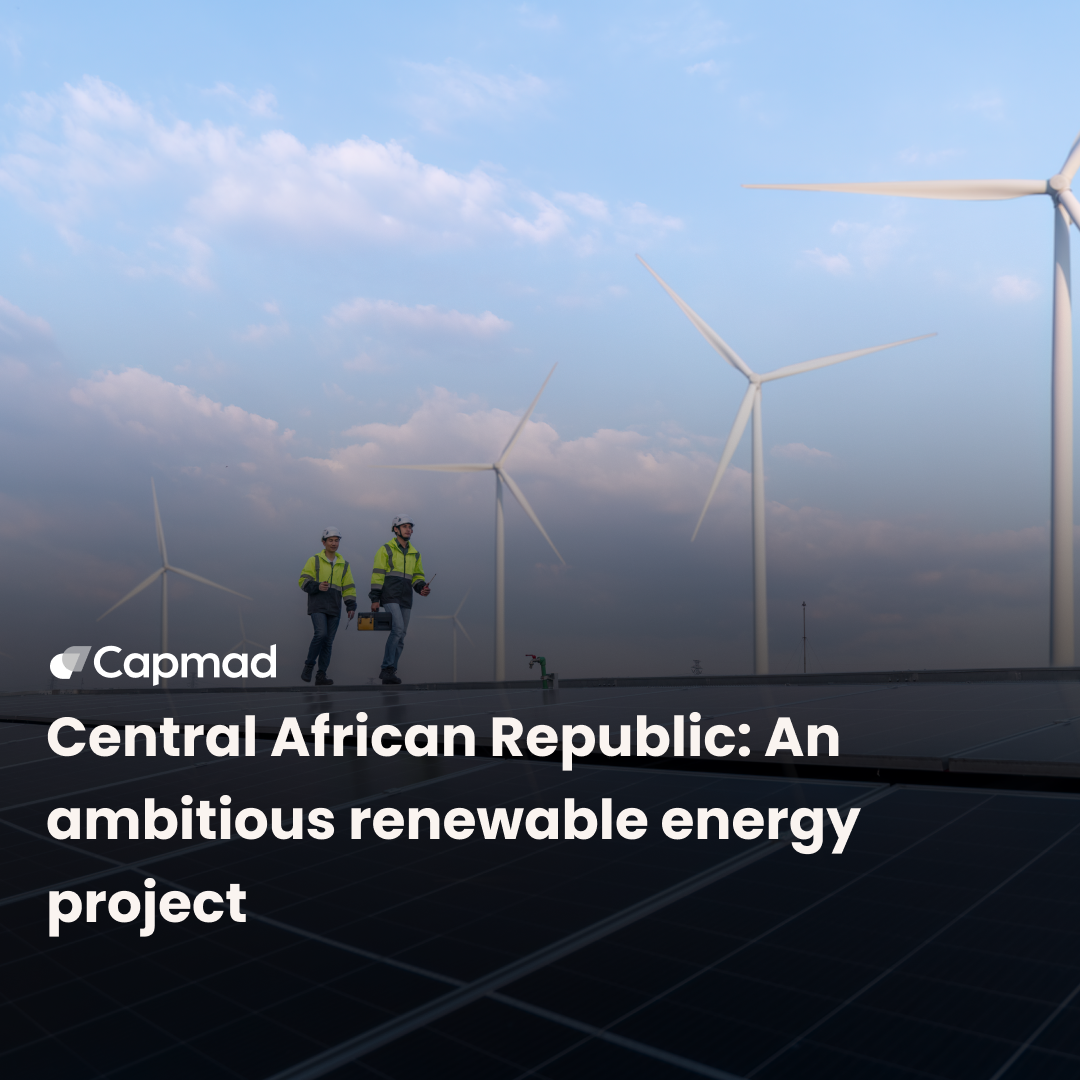The Board of Directors of the African Development Bank (AfDB) has approved a significant investment of 40 million USD in Zafiri, an innovative pan-African platform dedicated to private equity for the development of decentralized renewable energy (DRE) across Africa.
Zafiri: A Key Driver for Sustainable Electrification on the Continent
Zafiri is part of the AfDB’s 2024-2033 Ten-Year Strategy and is an integral component of its flagship initiative, “Mission 300,” which aims to connect 300 million Africans to electricity by 2030. This platform was developed in collaboration with the World Bank Group and other financial partners to bridge the critical gap in patient, long-term equity capital necessary for large-scale financing of decentralized solutions.
Why Decentralized Renewable Energy?
DRE systems, such as solar mini-grids and solar home kits, represent the fastest, most affordable, and most sustainable approach to delivering electricity to rural and remote areas across the continent. Their modular nature allows for flexible deployment tailored to Africa’s unique geographical challenges.
Financing Details and Outlook
AfDB’s contribution consists of 30 million USD in senior equity and 10 million USD in subordinated equity from the Sustainable Energy Fund for Africa (SEFA), a multilateral fund managed by the bank. Zafiri aims for a total capitalization of 1 billion USD, with an initial phase of 300 million USD combining both low-risk and higher-risk capital to attract private investors.
Major Economic and Climate Impact
Zafiri is more than just a financial tool: it is a structuring lever for energy equity and climate change mitigation on the continent. This project will unlock rapid growth in the DRE sector and foster a sustainable energy ecosystem in Africa, contributing to the transition to clean energy and climate resilience.
Favorable African Context for Energy Transition
Africa is experiencing strong momentum in renewable energy development. In 2024, the continent’s installed capacity reached a record 66.8 gigawatts, reflecting sustained growth since 2015. The exceptional availability of solar and wind resources offers enormous potential for Africa to meet its energy needs while reducing reliance on fossil fuels.






